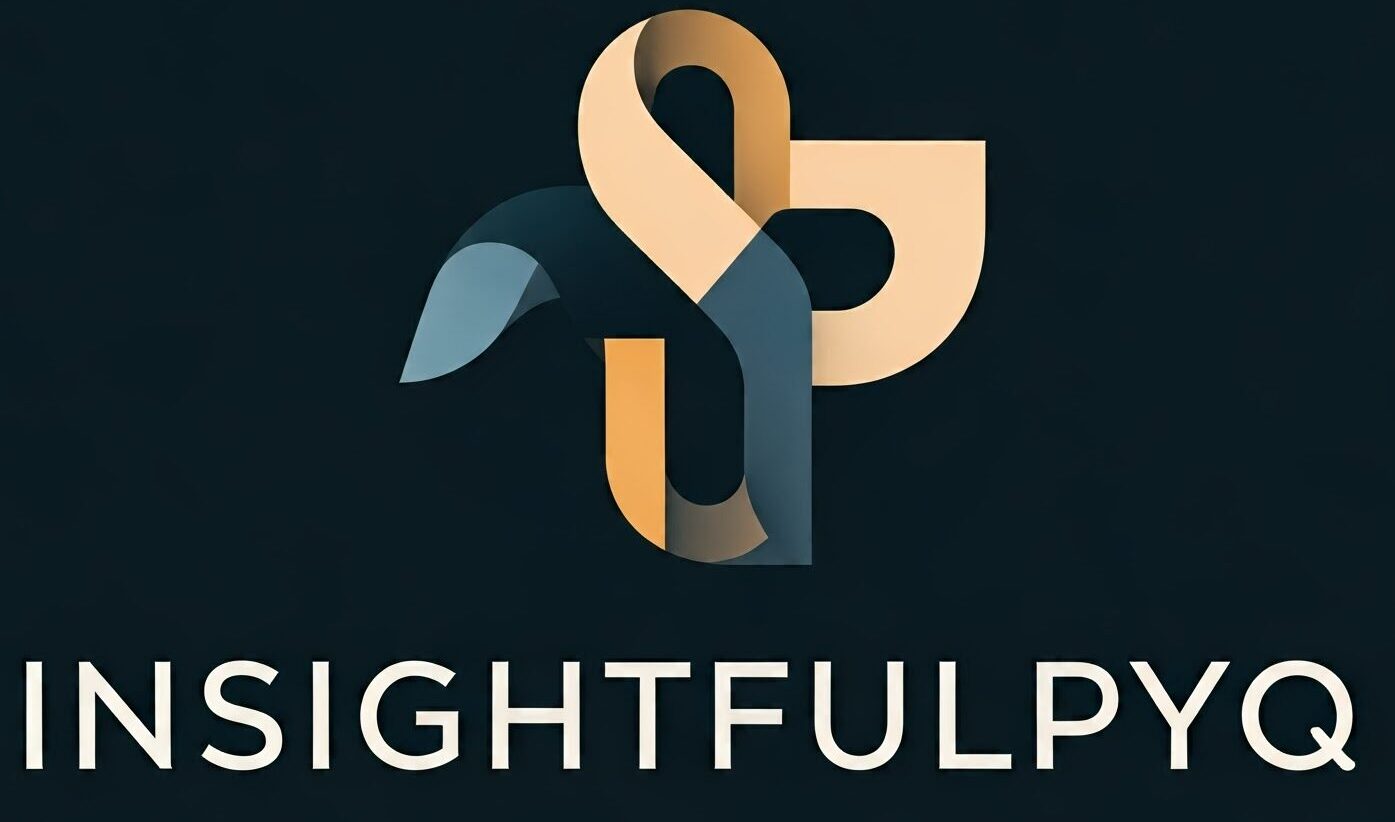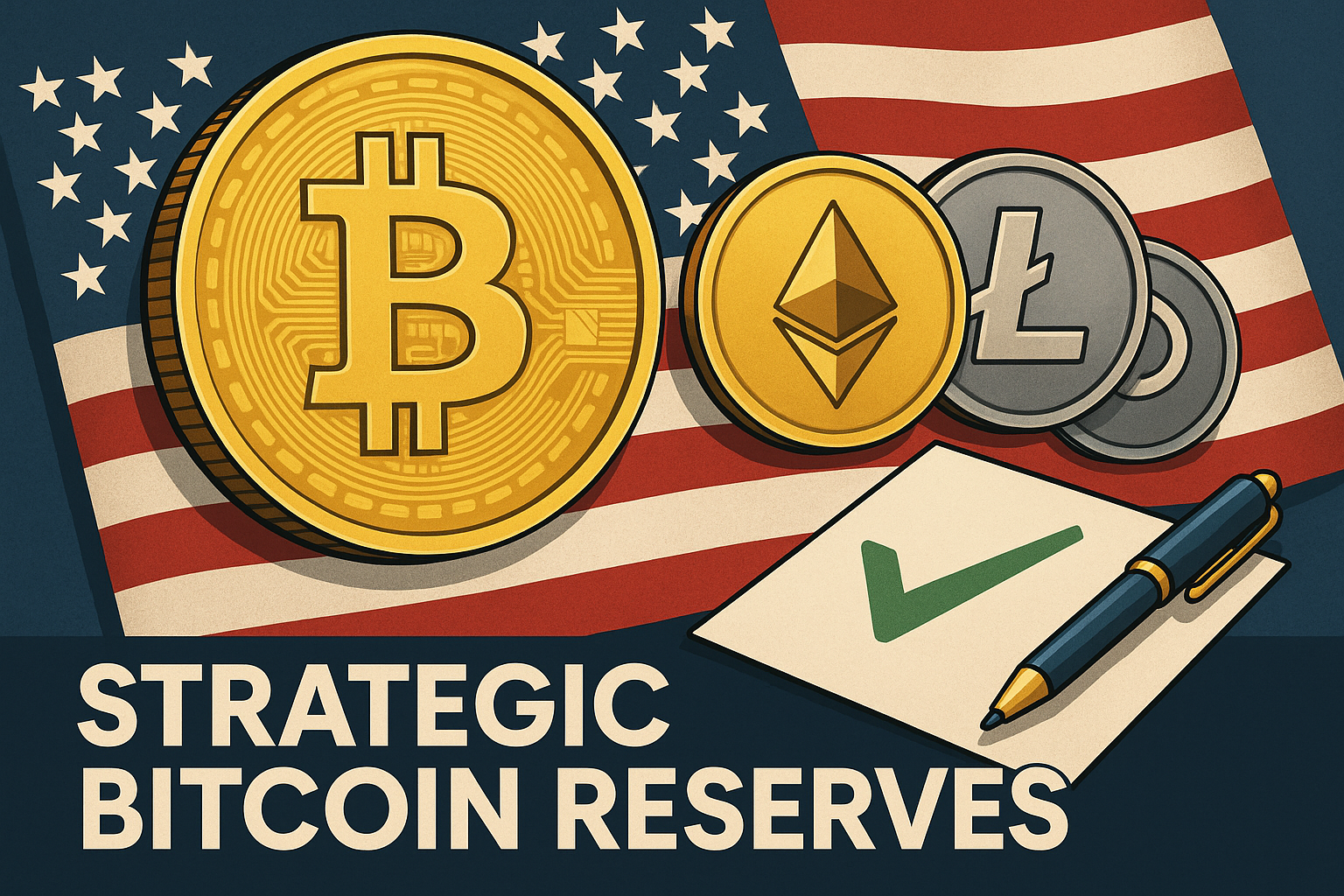Strategic Bitcoin Reserves refer to state-managed or institutionally held Bitcoin holdings that are deliberately accumulated and stored by governments, central banks, or sovereign wealth funds as a part of national or organizational financial strategy.
Purpose of Strategic Bitcoin Reserves
- Diversification of Reserves
- Just like countries hold gold, foreign currency, or bonds, Bitcoin is added to hedge against fiat currency volatility and inflation.
- Economic Sovereignty & Sanctions Resilience
- Holding Bitcoin provides countries with a non-sovereign, censorship-resistant asset, useful in times of economic sanctions or dollar hegemony.
- Speculative Growth & Long-Term Value Storage
- Governments may treat Bitcoin as a “digital gold,” expecting long-term price appreciation and utility in future financial systems.
- Foundation for Future Digital Infrastructure
- Bitcoin reserves may support the development of digital currencies, public crypto services, or cross-border blockchain settlements.
Examples of Strategic Bitcoin Reserves
- United States: Announced a Strategic Bitcoin Reserve using seized BTC from criminal cases (Mar 2025).
- El Salvador: Continues to buy 1 BTC per day; holds 6,000+ BTC as of early 2025.
- Bhutan: Quietly mined and held over 12,000 BTC, amounting to ~15% of its GDP.
- Brazil: Launching “RESBit,” a formal sovereign bitcoin reserve program.
- New Hampshire (U.S. State): Legalized a crypto reserve as part of its treasury allocation.
- In 2025, Arizona Governor Katie Hobbs signed HB 2749, creating the Arizona Bitcoin & Digital Assets Reserve. The law redirects unclaimed property profits to Bitcoin and top-tier digital assets, mandates U.S.-regulated custody, and allows harvesting of interest, airdrops, and staking rewards. Arizona is the second U.S. state after New Hampshire to establish such a reserve.
- In 2024, Japan’s Government Pension Investment Fund announced plans to explore diversifying into Bitcoin, and parliamentary bills were introduced to allow the central bank to hold BTC reserves.
- In 2020, Iran announced regulations requiring Bitcoin miners to sell their mined BTC to the Central Bank of Iran for use in funding imports.
Is It Like a Central Bank Reserve?
Yes, conceptually. Strategic Bitcoin Reserves are similar to traditional reserves (like gold or USD) but involve:
- Higher volatility (compared to gold or USD)
- Higher long-term upside (according to proponents)
- Unique risks and custody needs (e.g., private key management)

